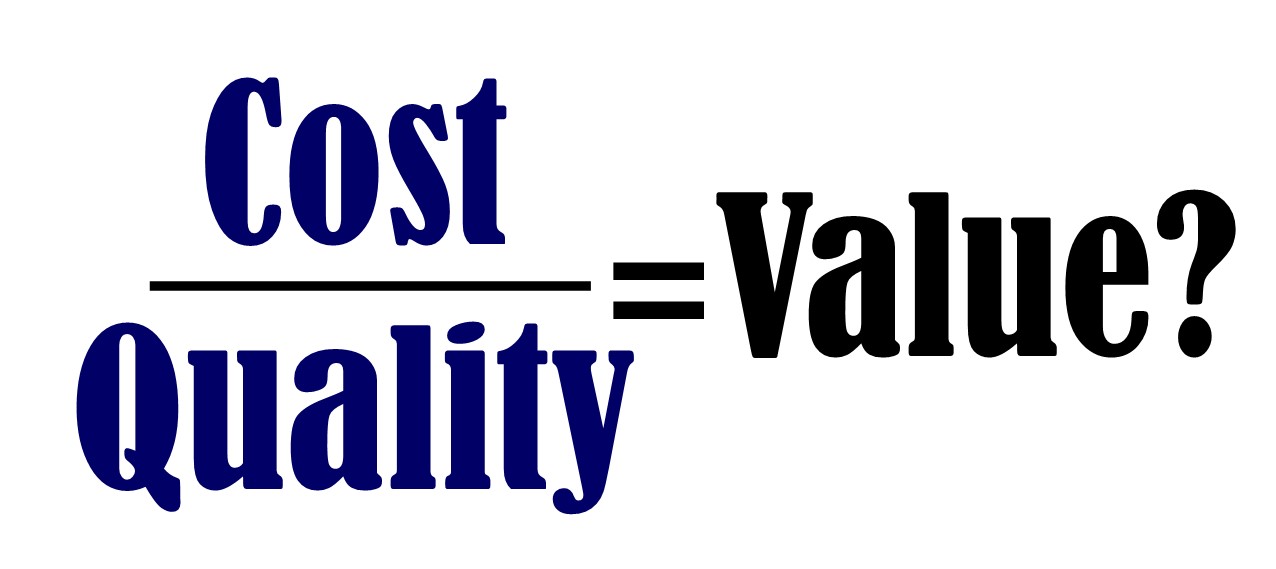The healthcare industry norm for the frequency of value analysis team meetings seems to be once a month. However, this meeting schedule can cause communication gaps, delays in making important decisions, and eventually loss of interest by team members. It ALL comes down to “out of sight, out of mind” for most team members.
Frequency is Critical
We recommend that value analysis teams meet weekly or bi-weekly if there are enough agenda items for teams to be productive. Otherwise, your teams will lose their momentum. Don’t set the expectation that your VA meetings aren’t important!
Frequent meetings also prevent team members from doing no work during the month and rushing to complete their projects (if they take the time to do this at all) on the last day before your next monthly meeting. This behavior leads to poor quality project reports that are rushed to the point where they are worthless.
The worst VA team meeting schedule is ad hoc (or calling a meeting when there is something to talk about), which is missing the point of value analysis teams; VA teams are an extension of the supply chain department and should be actively involved in almost all supply chain expense management decisions.
When we hear a hospital’s value analysis team meets ad hoc we wonder how a supply chain manager or value analysis coordinator can make valid and informed decisions about the products, services, and technologies they are buying.
Communication is Critical
Department heads, managers, and clinicians have the expectation that their requests will be expedited in a timely manner. If your value analysis teams are only meeting monthly, then there is a minimum of a 30-day (more likely a 90-day) delay in getting these individuals an answer to solve their supply chain problems. We hear about clinicians that don’t get an answer (positive or negative) to their product request for well over a year. This is unacceptable, unnecessary, and unprofessional!
That’s why it’s critical for your VA teams to meet more frequently to provide your healthcare organization’s staff with more timely communication on their requests. It is also important to improve communication between your VA project managers and your VA team leaders by having frequent VA meetings. If you don’t meet for a month, your VA leaders have no idea how their project managers are progressing with their projects. On the other hand, if you are meeting weekly, your VA leaders know in real-time how your VA projects are developing. Why keep your VA leaders in the dark month to month, when frequent VA meetings will solve this common communication problem?
Productivity is Critical
VA teams that meet weekly or bi-weekly are more productive, more focused, and more accountable than VA teams that meet monthly, since they fall into a routine that they become comfortable with and it quickly becomes part of their regular duties. Whereas, monthly VA meetings are even forgotten about because they aren’t frequent enough to imprint them on an individual’s brain. Additionally, VA teams that meet more frequently than monthly naturally complete more VA projects on time, on budget, and on target. This means more savings for your healthcare organization and more credibility with your senior management.
Peak Performance
VA teams are no different than your own supply chain department’s team in that they need to be managed effectively if you desire peak performance from them. To do so efficiently with your VA teams requires the proper structure, policies, procedures, and rules that promote accountability and instill discipline in your VA methodology. Speeding up your VA meeting schedule is one way to obtain the peak performance you and your senior management are looking for in your value analysis team in the new healthcare economy.





